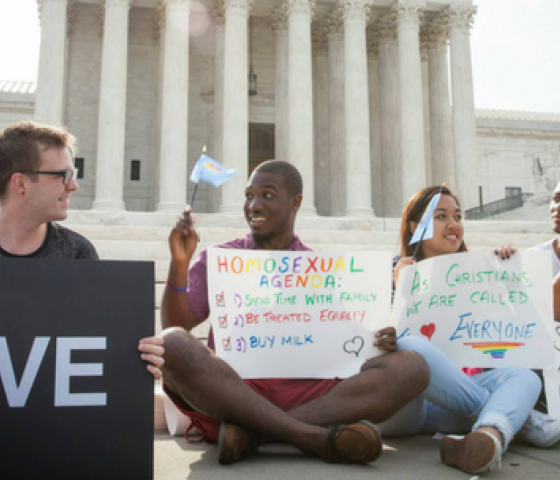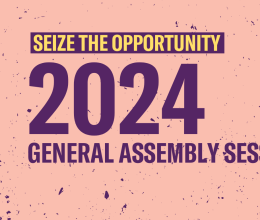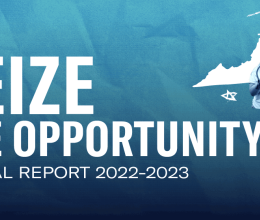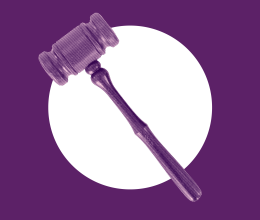Anti-Sprawl Group Can Hold Signs and Distribute Materials Inside Meeting Rooms
Responding to criticism from the ACLU of Virginia and the Fairfax Coalition for Smarter Growth, the Virginia Department of Transportation has agreed to allow protestors to hold signs and distribute literature inside the meeting rooms of three Fairfax County hotels where public hearings will be held next week.
The constitutional right to display signs and distribute literature is generally limited to traditional public forums, such as public sidewalks. Protestors may stand on sidewalks outside entrances to buildings where meetings are taking place in order to communicate directly with participants as they enter and exit. However, because the VDOT meetings are being held in private facilities, located far from public sidewalks, the ACLU asked VDOT to find a way for Coalition members to communicate their ideas to meeting participants.
In response to a letter from the ACLU, sent on April 30, VDOT Commissioner Philip Shucet wrote that Coalition members could hold signs up to 18" x 24" inside the meeting rooms, and that they could also have advance access to the rooms to place their materials on the seats of chairs to be used by participants.
The ACLU of Virginia, which was prepared to file a lawsuit against VDOT on behalf of the Coalition, says the decision sets an important standard for government meetings held on private property.
"The ACLU takes no position on VDOT's policies, but we are certain that the Constitution does not allow VDOT to duck dissent by moving public meetings to private buildings," said ACLU of Virginia executive director Kent Willis.
"When the government decides to use private facilities for its meetings," added Willis, "it first needs to make certain that it is not unreasonably distancing itself from those who wish to protest. VDOT had no choice but to cancel the meetings or come up with a way of accommodating the protestors. They are to be commended for their decision."
"We are pleased to have this unprecedented access to the meeting room itself," said Coalition President Paul Hughes. "But we want to avoid this kind of problem in the future and would like to make arrangements with VDOT to make sure our First Amendment rights are always fully protected."
"The presentations from VDOT officials at these meetings only show one side of the issue," added Hughes. "We need to be there--with our signs, petitions, and literature--to educate meeting participants on the negative effects of VDOT 's road building policies on our communities."
The ACLU says it will use the precedent to advocate for a new state law or policy to protect the rights of protestors when government meetings are held in private places.
In addition to contacting VDOT, the ACLU also wrote letters to the managers of the three hotels, asking if they would allow protestors to stand on hotel property near the hotel entrances. One hotel did not answer, one said no, and the other pointed out that VDOT was taking steps to protect the rights of protestors.
The issue surfaced when VDOT announced that three public hearings would be held--on May 28, 29 and 30 at the Hilton Springfield, Tyson's Westpark Hotel, and the Fairview Marriott respectively--regarding the widening of I-495 between Heming Avenue and the American Legion Bridge .
Surveys of the hotel properties showed that at two, Tyson's Westpark and the Hilton Springfield, the public sidewalks at the main vehicular entrances to hotel property are more than 200 feet from the hotel buildings. At the Fairview Marriott, there are no public sidewalks. Members of the Fairfax Coalition for Smarter Growth had attempted to protest VDOT's Beltway project at a meeting two years ago at the Tyson's Westpark Hotel, but were told by hotel management that they could not do so on hotel property
Contacts: Paul Hughes, President, Fairfax Coalition for Smarter Growth, 703-280-1719 Kent Willis, Executive Director, ACLU of Virginia, 804-644-8022





